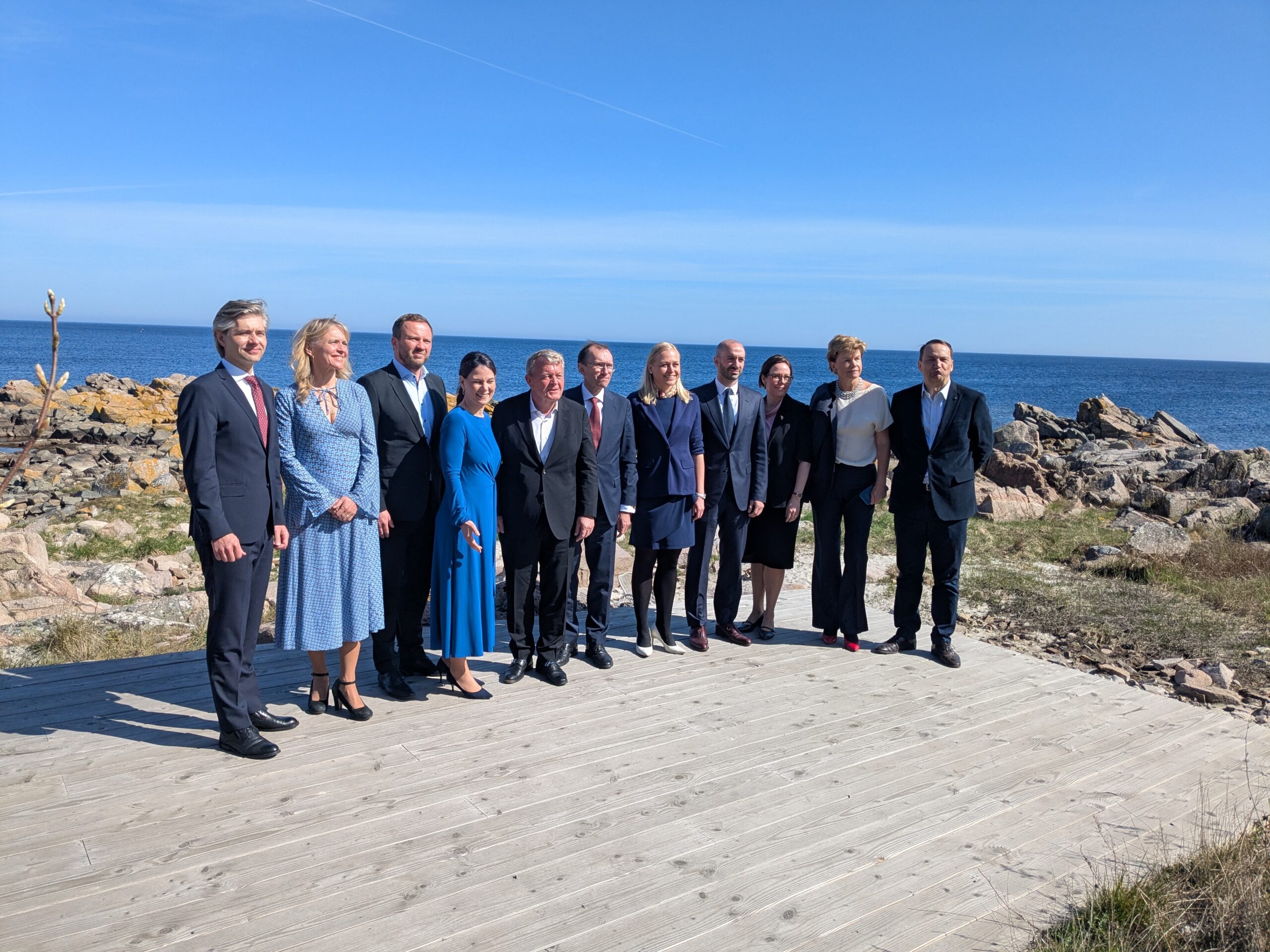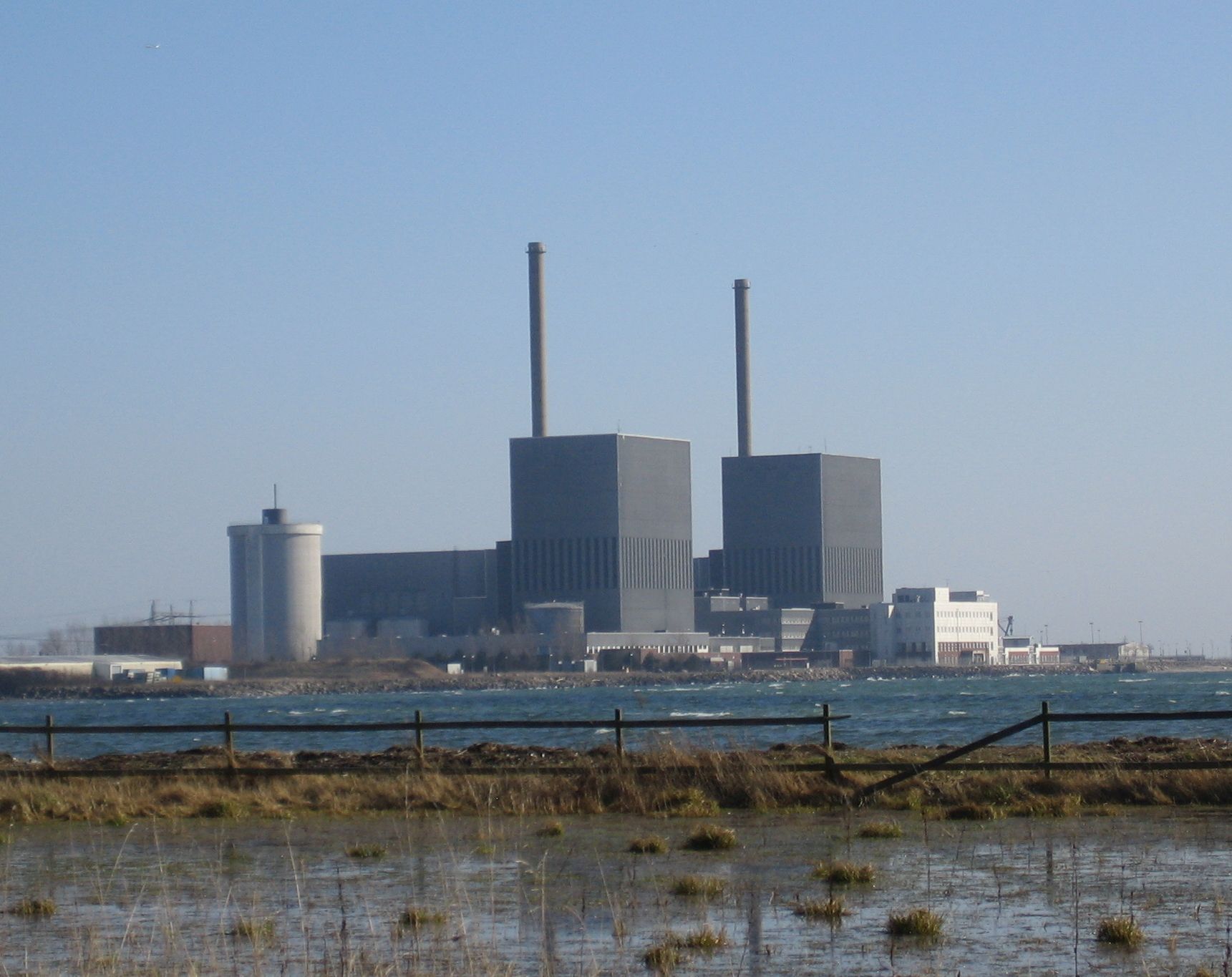It’s been a bountiful summer for the hash dealers operating in Copenhagen’s premier tourist attraction. The police presence in Christiania was been virtually non-existent and hash dealers have been left alone in their stalls to sell their oft-coveted goods.
But starting September 1, the police will be stepping up efforts to cull Pusher Street’s estimated one billion kroner organised cannabis trade through the creation of a new task force. Police inspector Svend Foldager of the Copenhagen Police said that the public can expect raids in the near future, but emphasised the need for sensitivity.
“There will be an increased police presence outside and at times inside Pusher Street. I can guarantee that more raids will be in the pipeline,” Foldager told Politiken newspaper. “But, it’s important to point out that our efforts are concentrated on Pusher Street and not Christiania. We’re focusing on the illicit organised drug trade in the area.”
Foldager wouldn’t reveal the number of officers involved in the task force nor would he comment on whether the police would attempt to bulldoze Pusher Street as they did in 2004. And although the police believe that the Hells Angels gang is controlling the illegal trade in the area, the road ahead won’t be an easy one.
“Pusher Street has held our interest for many years and as a result we have a good idea which actors are involved,” Foldager told Politiken. “But there is a long way to got between knowing who is involved and proving their crimes.”
The prospective police escalation in the area comes at a critical time. Christiania is in the process of buying itself from the state after securing a 55 million kroner loan from mortgage bank Realkredit Danmark, the first instalment of the total 76 million kroner required.
But the lack of a police presence in the area over the summer has seen a sharp increase in violence and has threatened to scupper the deal. Criminals have begun using Christiania as a safe haven and high-profile attacks on parking attendants and a journalist have forced the authorities to react.
In May, a proposal by the city council aimed at legalising cannabis was rejected by the Justice Ministry. The council argued that the traditional police efforts have never worked and that state-run hash and marijuana dispensaries would be a significant step in crippling the flourishing illegitimate drug trade.
Past police efforts in Christiania have failed to curtail the illegal drug trade, and renewed police efforts in Christiania are also going against current public sentiment.
A recent metroXpress newspaper poll indicated that nearly 65 percent of the public supported state-controlled cannabis distribution, while Enhedslisten (EL) commissioned a Gallop survey in early August that conveyed that, out of 1,000 people asked, 53 percent agreed or strongly agreed that the state should take over the sale of cannabis. Only 25 percent disagreed while 22 percent remained neutral.
Copenhagen's deputy mayor for social affairs, Mikkel Warming (EL), has argued that the legalisation of cannabis is the only solution to the dilemma.
“The prohibitive policies we have operated under in Denmark for so many years have not worked," Warming told public broadcaster DR. “You can still buy hash on street corners across the city, which also means the hash is mixed up with other harder drugs.”













